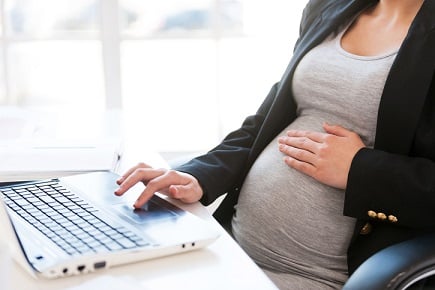Existing laws in the United States are meant to prevent workplace discrimination against pregnant women, but complaints come in anyway especially from women in blue-collar with physically demanding jobs.
In 1978, Congress passed the Pregnancy Discrimination Act, making discrimination based on pregnancy- and childbirth-related medical conditions illegal.
In 2008, amendments were made to the Americans with Disabilities Act, requiring employers to provide necessary accommodations to pregnant women with certain pregnancy-related conditions that could qualify as disabilities.
Still, between 2010 and 2015, nearly 31,000 pregnancy discrimination charges were filed with the US Equal Employment Opportunity Commission.
Last year alone, $15million in settlements were paid out for pregnancy discrimination charges filed with the EEOC, reported
CNN.
In the 31,000 charges, a large number of women were denied simple requests for accommodations – more frequent breaks, time off for prenatal visits or less physically-demanding duties.
Elizabeth Gedmark, senior staff attorney and director of the southern office at A Better Balance, a family rights advocacy, believes the passage of the more specific Pregnant Workers Fairness Act – federal legislation first proposed in 2012 – would help eliminate confusion.
“Instead of this web of laws, there would be a very clear standard," Gedmark said. "If a pregnant woman needs an accommodation and the company can accommodate her, absent any undue hardship, they have to. Ultimately, this would be best for workers and best for companies, who would avoid turnover costs."
Gedmark is one of the lawyers who helped 30-year-old Whitney Tomlinson file a case against Walmart, the biggest non-government employer in 22 states.
Tomlinson, a packer at the company’s distribution centre in Atlanta, wanted to take paid time off because she felt nauseated at work.
Her supervisor told her to bring a note from her doctor, and human resources told her she was a liability because of her restrictions.
CNN reported that Tomlinson was not allowed to return to work until after she gave birth and that she would need to apply for a formal unpaid leave of absence to avoid losing her job in the long run.
Related stories:
Is pregnancy an HR career stopper?
PM’s pregnancy to ‘smash gender boundaries’

